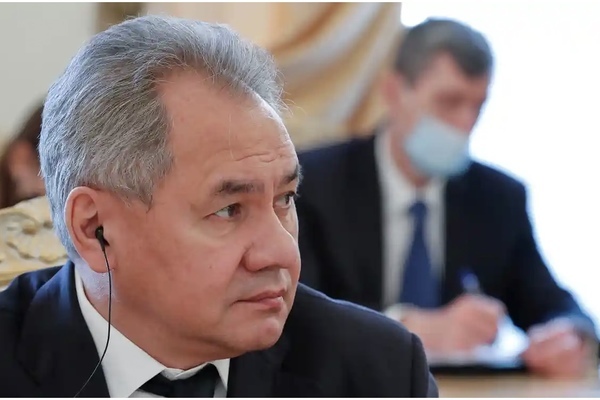Germany’s strategic turning point in the Indo-Pacific
Under Prime Minister Olaf Scholz, Germany is gradually showing a stronger strategic shift towards Asia or the Indo-Pacific region more broadly.
That is the opinion of international experts when answering Youth April 30 about Prime Minister Olaf Scholz’s recent visit to Japan.
Change priority
On April 29, the newspaper South China Morning Post reported that Prime Minister Scholz chose Japan as the first destination to visit Asia since taking office in December 2021. At a joint press conference with his Japanese counterpart Fumio Kishida on April 28, Prime Minister Scholz emphasized: “My trip is a clear political signal that Germany and the European Union (EU) will continue and increase strengthen engagement with the Indo-Pacific region”.
On the Japanese side, Prime Minister Kishida said he and his counterpart Scholz agreed that as members of the Group of 7 industrialized nations (G7), the two countries have a responsibility to work together to end Russia’s military operation in Ukraine, restoring peace, stability and international order as quickly as possible. In addition, Prime Minister Kishida said that Japan hopes to work closely with Germany as a strategic partner on “various challenges facing the international community, including dealing with China“.
 |
Escort ship Bavaria from Germany to visit Vietnam in January 2022 Hypnotic |
In fact, Germany has gradually made many moves to increase its presence and influence in the country Indo-Pacifc. Prominent in military terms, last year, the country sent the corvette Bayern (F217) on a voyage to the Indo-Pacific region. The voyage lasted until this year and visited many countries such as Vietnam, Pakistan, India, Australia, Japan…
Reply Youth, Dr. Timothy R.Heath (senior research expert, RAND Foundation, USA) commented: “Indeed, Prime Minister Scholz’s visit to Japan before China signaled Europe’s concern that China may have common ground. Russian revisionist tendencies”. Because Mr. Scholz’s predecessor, Angela Merkel, chose China as the first destination in Asia.
Scholz’s visit also shows that Europe and the United States are eager to strengthen ties with Asian countries that share a commitment to upholding the rules-based order, as well as concern about China’s intentions. States concerned with international order. Germany shows a desire to expand trade relations with all Asian countries and reduce its dependence on the Chinese market,” added Dr. Health.
Also reply YouthDr. CJJenner (a geopolitics expert at the University of Oxford, UK) said: “Mr Scholz signals a strategic shift from policy Angela Merkel’s area. During Mrs. Merkel’s tenure as chancellor, Berlin has prioritized relations with Beijing above all else in the Indo-Pacific.”
Limit dependence on China
At a joint press conference with his German counterpart, the Japanese Prime Minister emphasized: “The Ukraine crisis shakes the foundations of the international order not only in Europe but also in Asia. Any attempt to change the status quo should be avoided, especially in East Asia.” According to Dr. Jenner, these words of Prime Minister Kishida are referring to the problem Taiwan and Tokyo does not want Beijing to launch a military campaign against Taipei.
 |
Prime Minister Scholz and his counterpart Kishida met on April 28 Reuters |
“In addition to military power, energy also affects the balance of power in Asia and Europe, especially during periods of international conflict or dispute. The remedy to limit the dependence of Germany and Japan on Russia for gas is a significant challenge for the two leaders Scholz and Kishida,” said Dr. Jenner, citing that Japan may have to spend more. a sizable amount to import liquefied natural gas (LNG) imports if the country leaves the Sakhalin-2 LNG project in Russia. Besides, Russia is Germany’s top gas supplier.
In addition, Mr. Jenner said that in addition to overcoming the situation of threatened energy supplies, the deepening Tokyo – Berlin partnership also aims to strengthen economic cooperation in areas such as technology 5G and other aspects of economic security.
“In terms of changing attitudes towards China and Russia, Japan and Germany are looking to ensure that supply chains become less dependent on one country. This is in the national interest of Japan, Germany and other countries in the face of growing threats to the global international order,” said Dr.
at Blogtuan.info – Source: thanhnien.vn – Read the original article here



